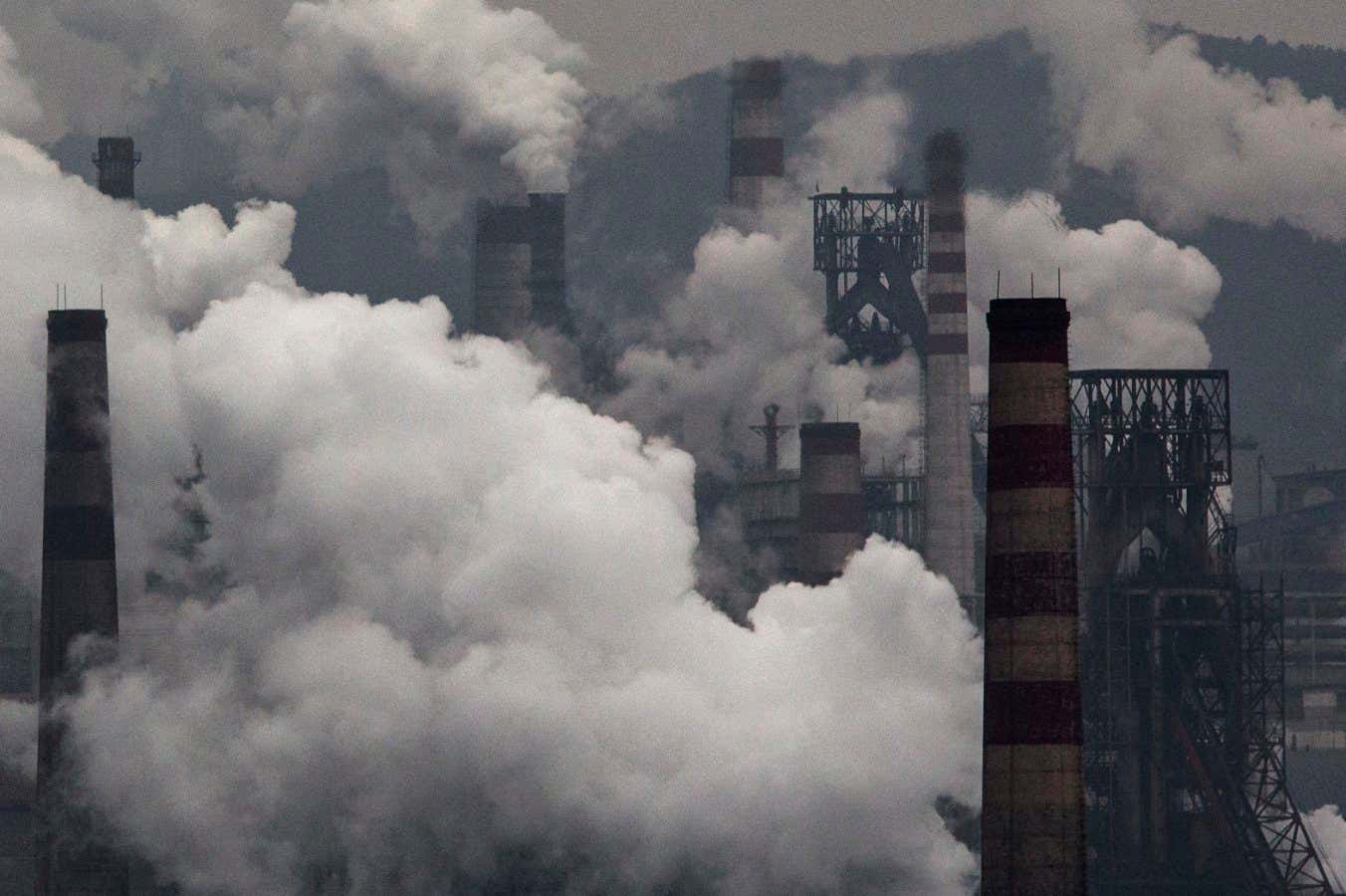Clean Air, Heated Planet: How China's Pollution Crackdown Sparked Unexpected Global Warming

In a surprising twist of climate science, researchers have uncovered a startling connection between air pollution reduction and accelerated global warming. Since 2010, the planet has been heating up at an unprecedented rate, and a groundbreaking study now points to an unexpected culprit: China's clean air initiatives.
What seemed like a positive environmental effort has inadvertently triggered a complex climate phenomenon. As China dramatically reduced air pollution, it unexpectedly removed certain atmospheric particles that had previously been reflecting sunlight and cooling the planet. This unintended consequence has effectively stripped away a natural cooling mechanism, leading to a more rapid increase in global temperatures.
The research highlights the intricate and often counterintuitive nature of climate systems, demonstrating how well-intentioned environmental policies can have unforeseen consequences. Scientists are now calling for a more nuanced approach to pollution reduction that takes into account these potential climate feedback loops.
This revelation underscores the complexity of global climate dynamics and the need for comprehensive, carefully considered environmental strategies that balance immediate air quality improvements with long-term climate impacts.
